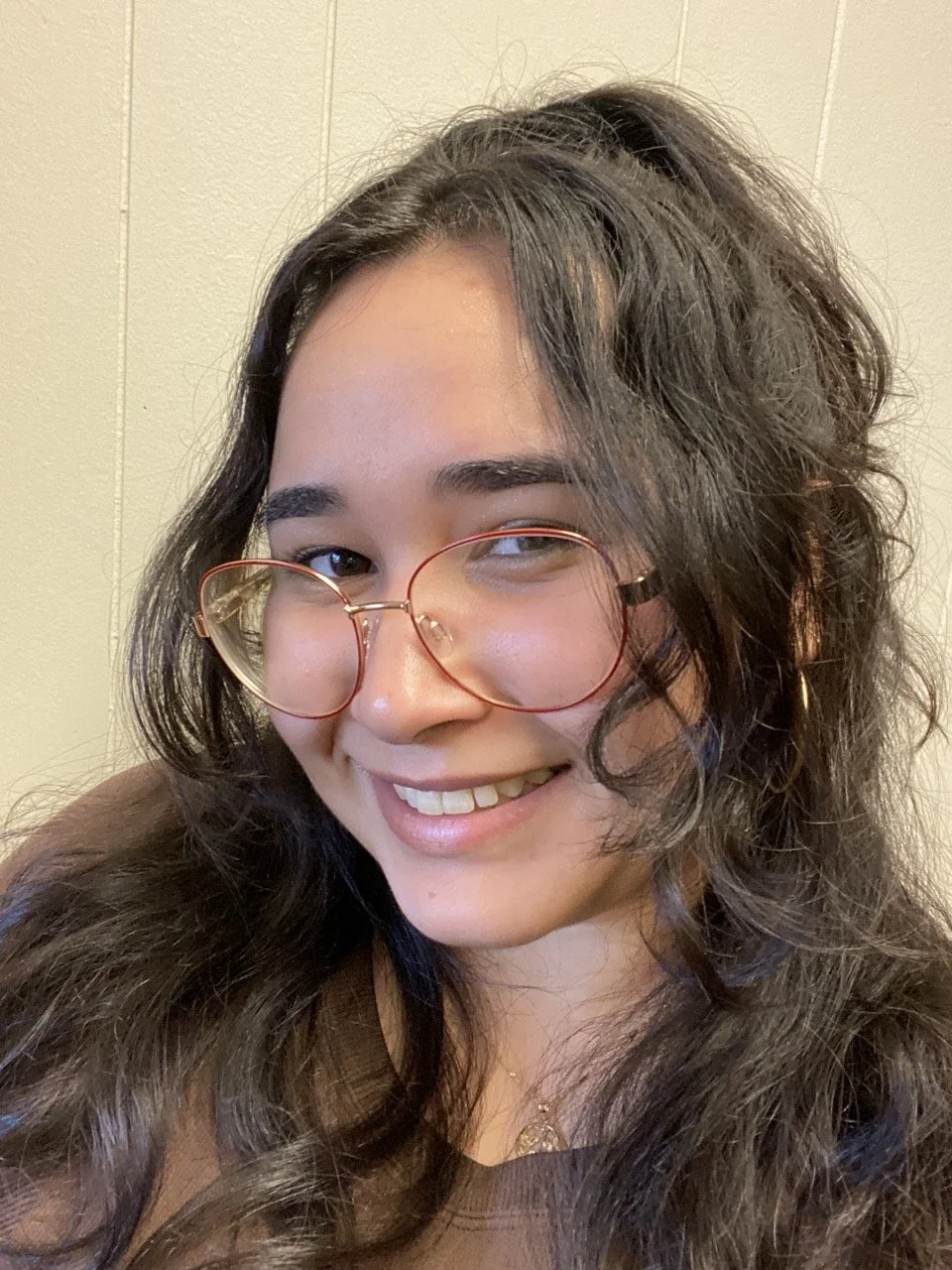"Using a Compass: A Review of Susan Rich's 'Blue Atlas' by Sophia Maldonado
Just like the royal cobalt-blue planters on the cover of her newest poetry book, Blue Atlas (Red Hen Press, 2024), Susan Rich communicates the desire to soothe both herself and others who have gone through a challenging time in their lives. Rich is no stranger to the balm that writing can provide to both writer and reader. Prior to Blue Atlas, Rich published six poetry books, edited two anthologies, and served as a creative writing professor at Highline College outside of Seattle. She has writing published in such journals as Blackbird, Sulphur Surrealist Jungle, and in this magazine, MORIA, and completed residencies at Blue Mountain Center, Hedgebrook, and UCross Foundation, among others.
In Blue Atlas — a reference to the resilient Blue Atlas Cedar tree, to the Atlas Mountains of Morocco, as well as to a book of maps — Rich takes us along as she processes the abortion she had during her time in West Africa with the Peace Corps many years ago. The book is divided into seven sections — Hourglass, Glass Sponge, Compass of Desire, Apparitions, A Second Earth Orbiting a Star, The Decision, Star Map — that follow the seven stages of grief: denial, guilt, anger, depression, the upward turn, reconstruction, and acceptance. Each section kicks off with a self-reflective poem embodying the stage of grief the section represents and immersing the reader in the corresponding emotional state.
Some of my favorite instances of this immersion are in the poems “Boketto,” from the section Apparitions, which represents the stage of depression, and “Compass,” from the section A Second Earth Orbiting a Star, which represents the upward turn. “Boketto” contemplates the meaning of the title: to stare out windows without purpose. This poem’s title and content captures the way depression will often force a pause in daily life. Rich says, “Don’t laugh,” before pulling us into the thoughts she has while staring out her window with her “bird-friendly coffee,” a drink mentioned often throughout the book. She opens the space for us to slow down and allows the poem’s last line, “I try to exist in the somehow, the might still be— / gaze upward to constellations of in-between,” to hit us forcefully. It’s not that there’s no purpose in looking out the window, it’s that she — and, in turn, we — have lost our way.
Thankfully, A Second Earth Orbiting a Star, the stage of the upward turn, begins with the poem “Compass.” This poem is centered around the midcentury poet Elizabeth Bishop, and the compass she carried with her throughout her own life of ups and downs. It discusses the hopeful nature that a tool, the compass, is associated with. Rich asks, “Could a compass — initially used / in fortune-telling, invented in the Han Dynasty — buoy / her with its divining arrow, its quivering and irregular / heartbeat?” The hesitation of these lines suggests the speaker’s disbelief that she will be able to find her way back onto her life’s path and causes the reader to doubt the compass’s power for a moment. Despite this, true to the fifth stage of grief, the poem ends with a note of hope that, like Bishop, “her brokenness could orient her” or, at the very least, “could console her like a harbor chart or a naked, pink dog.” And, with her, the reader believes that maybe the purpose of finding your way after getting lost isn’t to get back to the path you were on but, instead, to look forward to finding your way to somewhere new.
Rich’s journey back to a new version of herself, in the context of her abortion while overseas, allows others to understand the strength a person develops when forced to look to the future, despite uncertainty. Her amazing lyrical control, along with her ability to connect with the audience, smothers the taboo we associate with abortion by elevating the humanity that is often stripped from it.
SOPHIA MALDONADO
Sophia Maldonado is a 2024 graduate in Filmmaking (major) and Professional Writing (minor) from Woodbury University. She was a writing tutor at The Writing Center and will be pursuing an MFA in Producing for Film and Television at Mount Saint Mary’s University, beginning Fall 2024. She served as MORIA’s Submissions Editor for Issue 13.

